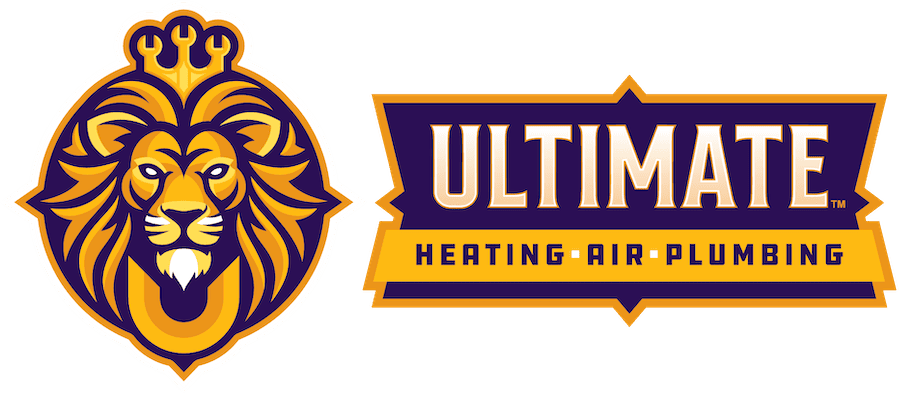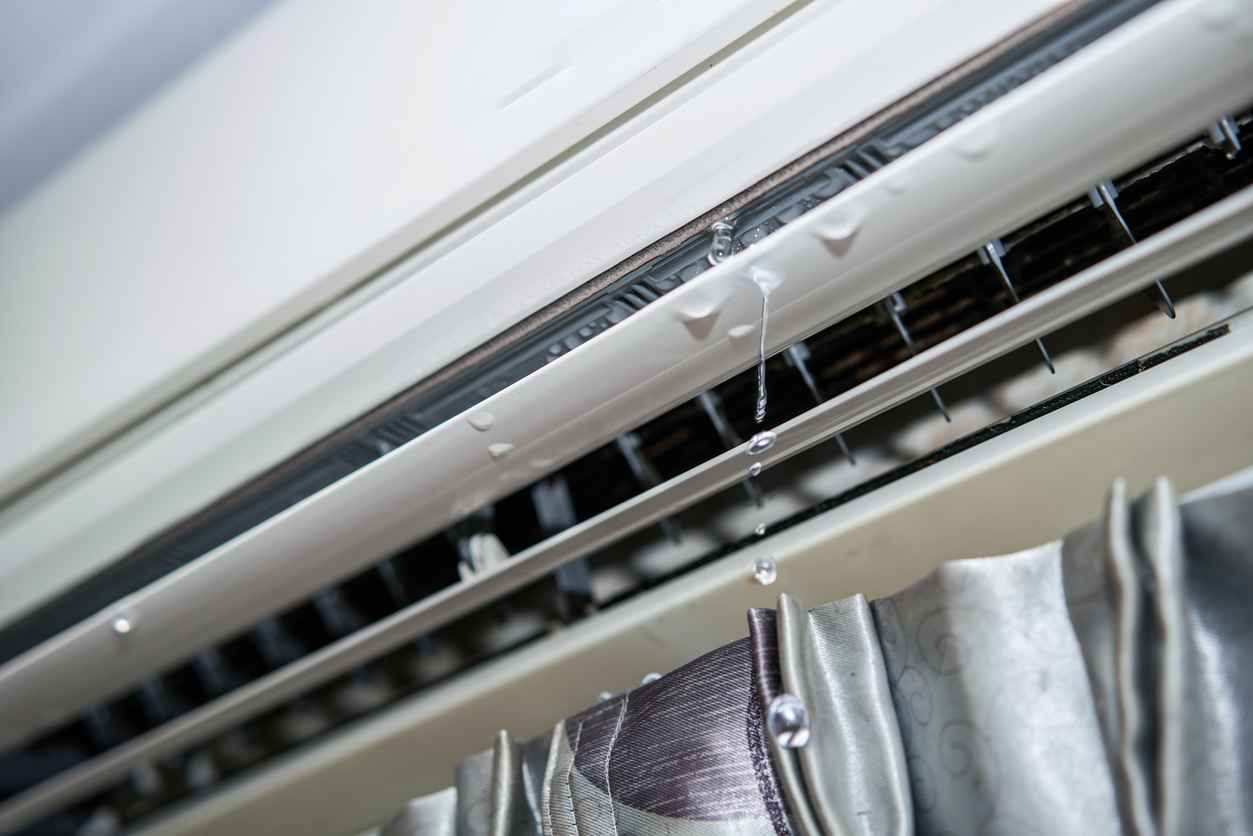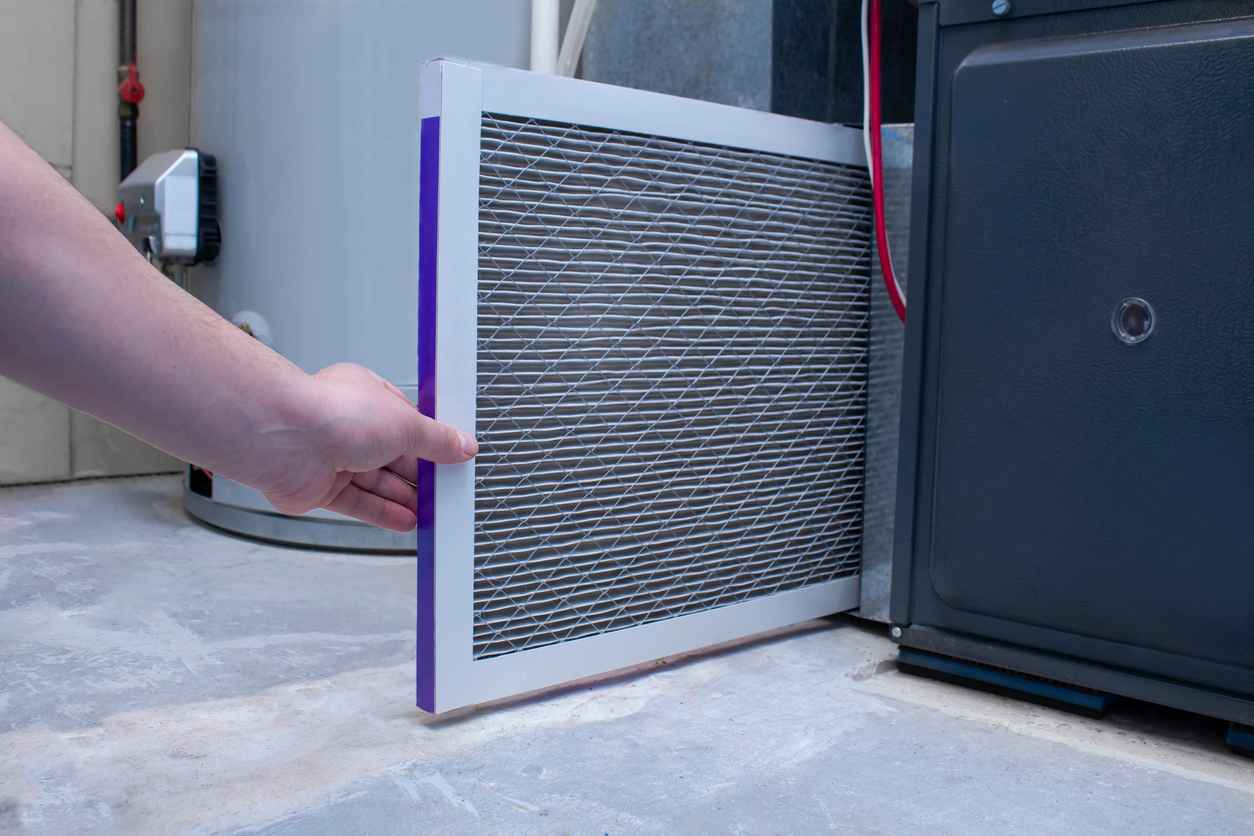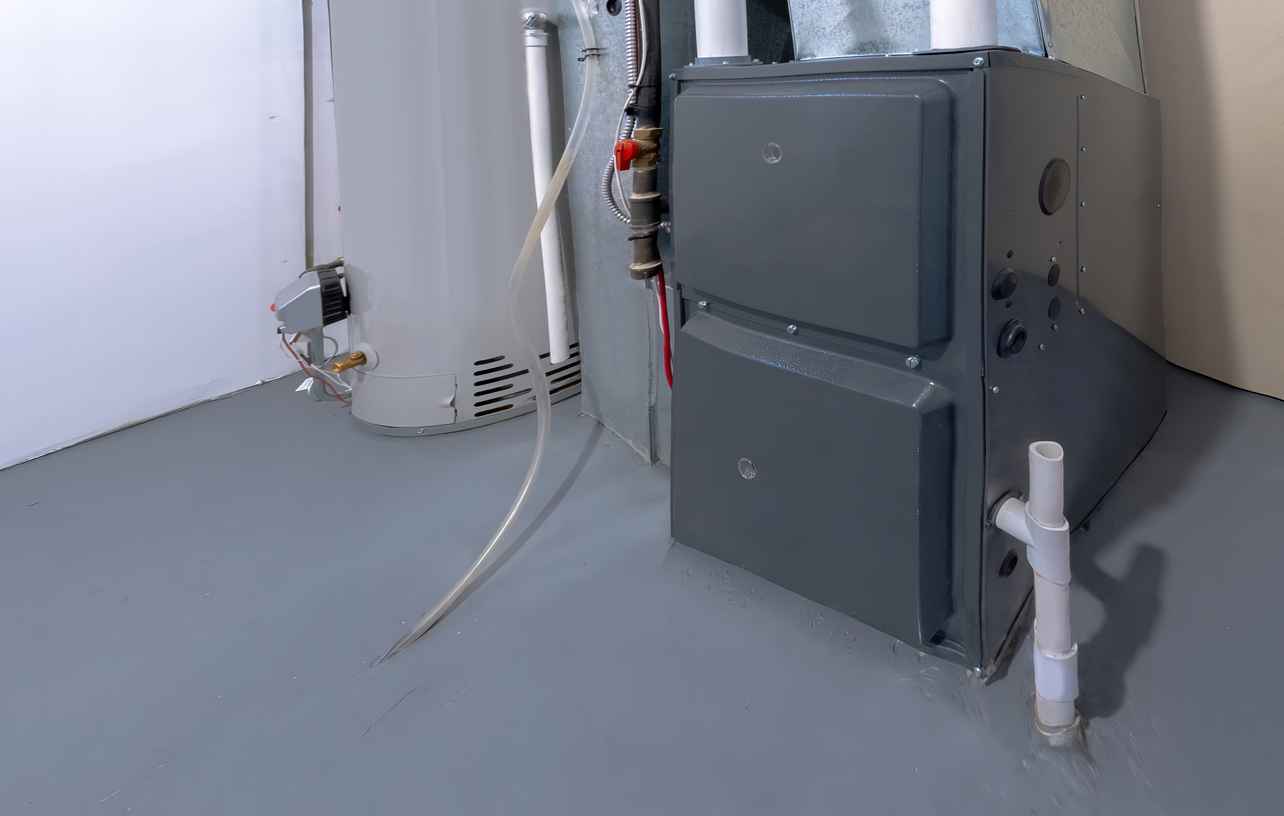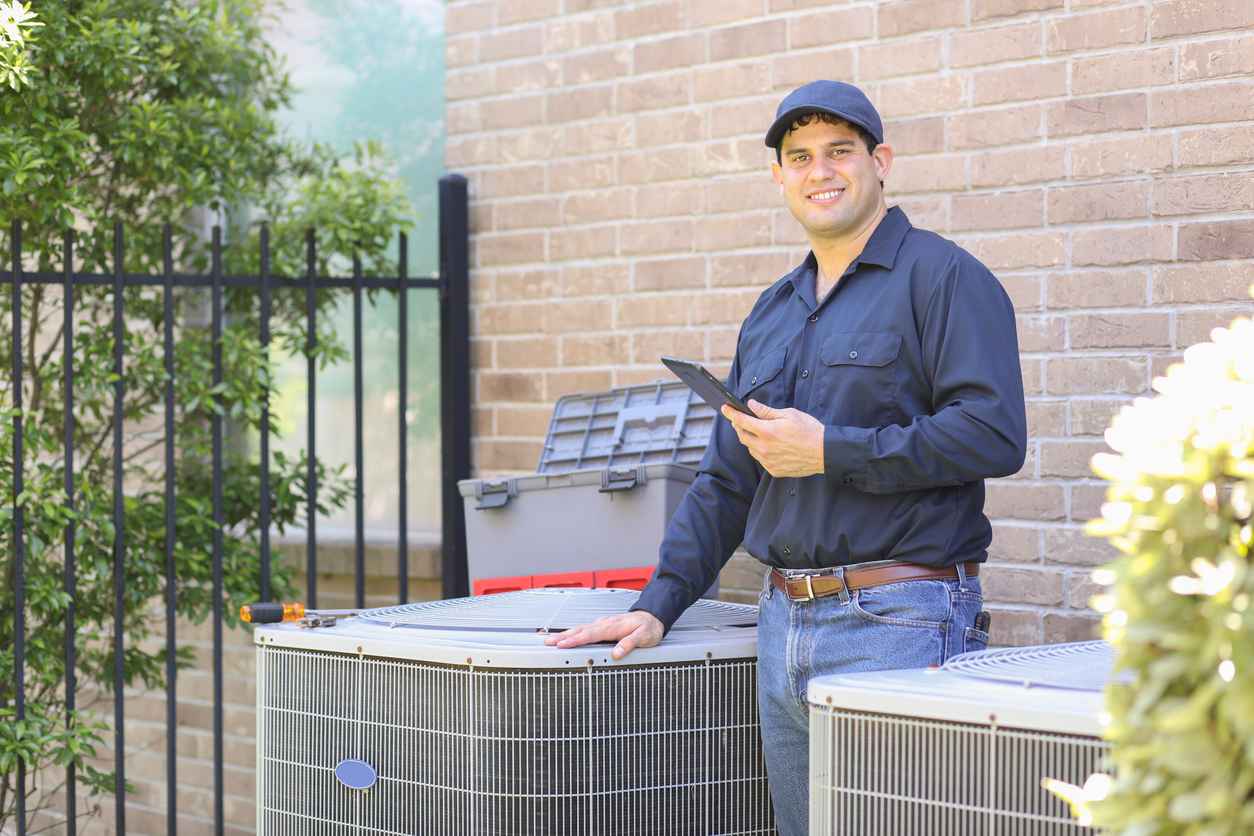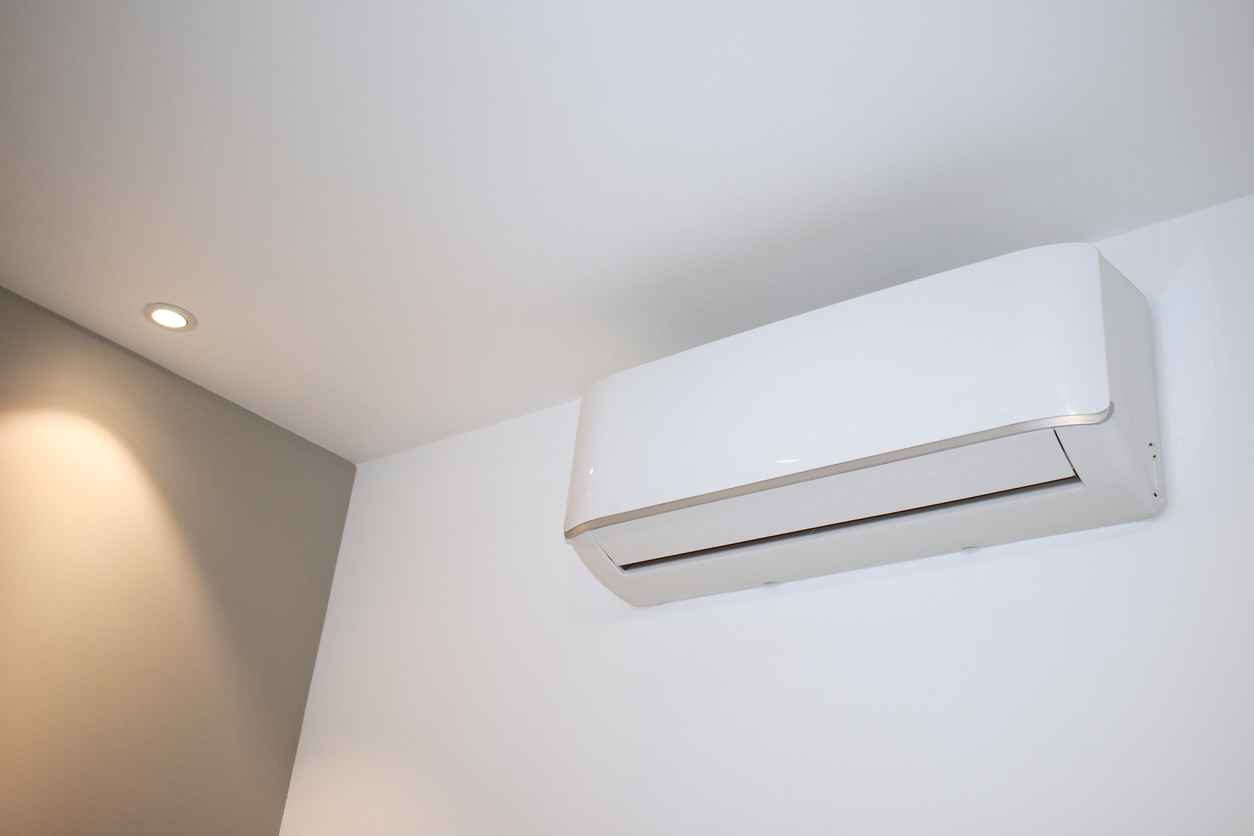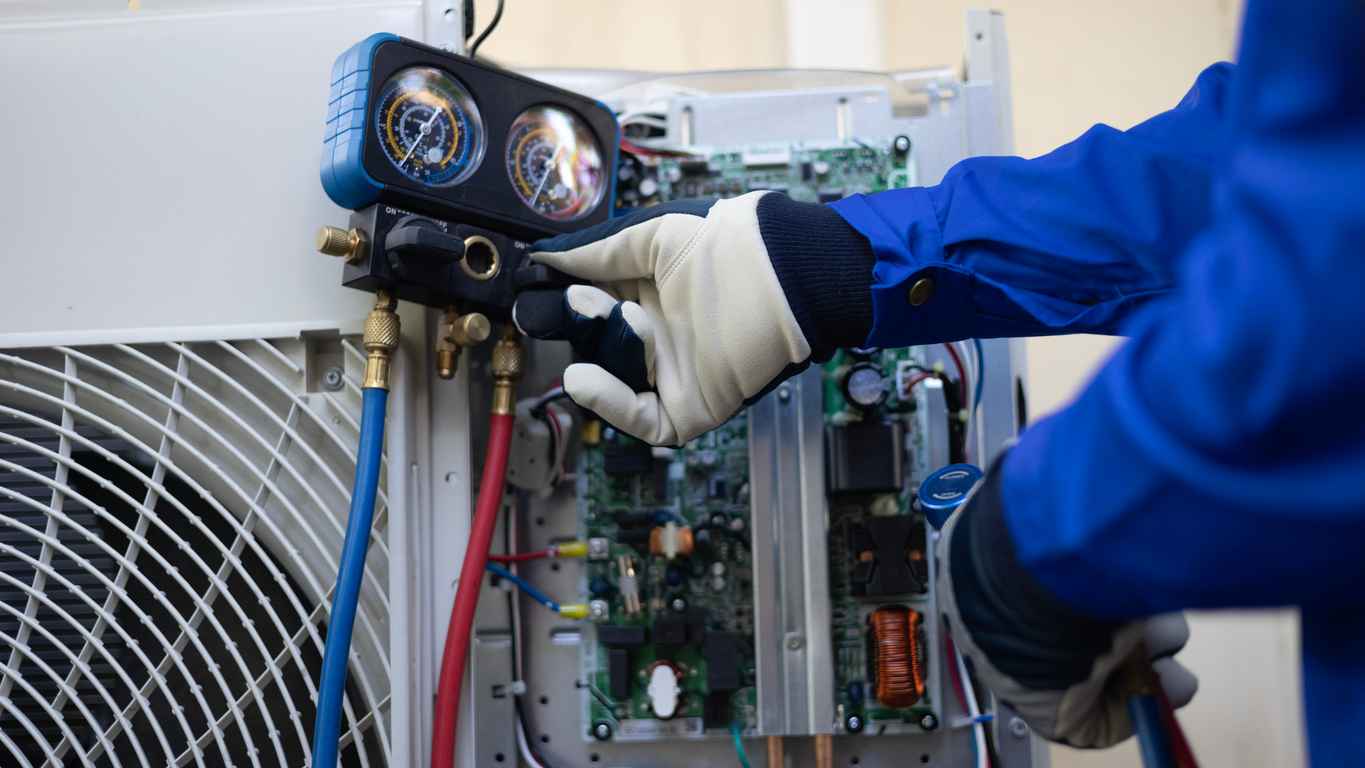
Understanding the 2025 R-410A Refrigerant Phase Down
As environmental concerns and regulatory changes shape the future of HVAC systems, the 2025 R-410A refrigerant phase down is a significant transition for homeowners and industry professionals alike. Refrigerants like R-410A have been the standard in air conditioning systems for years, but evolving environmental standards are now leading to its phase down. Understanding what this means for your AC system and how to prepare can help you maintain your comfort and comply with upcoming regulations.
Why is the R-410A Refrigerant Being Phased Down?
R-410A refrigerant has been widely used in residential and commercial air conditioning systems since it replaced R-22 in the 2010s. Known for its efficiency and effectiveness in cooling, R-410A gained popularity because it was less harmful to the ozone layer than R-22. However, R-410A has a high global warming potential (GWP), which means it contributes to climate change. The push for more environmentally friendly alternatives has led to the 2025 R-410A refrigerant phase down, aligning with international agreements to reduce greenhouse gas emissions.
What Are the Replacement Options for R-410A?
With the phase down of R-410A on the horizon, new refrigerants with lower GWPs are being introduced as viable alternatives. Two of the most promising options, which will be taking full effect on January 1, 2025, are R-454B and R-32.
- R-454B Refrigerant: R-454B is quickly gaining attention as a potential replacement for R-410A. It has a significantly lower GWP than R-410A, making it more environmentally friendly while maintaining similar cooling capabilities. R-454B is compatible with various existing HVAC systems, making it a seamless transition for many homeowners.
- R-32 Refrigerant: Another replacement option, R-32 refrigerant, is already widely used in parts of Asia and Europe. Like R-454B, R-32 has a lower GWP than R-410A. R-32 is also more efficient at transferring heat, allowing systems to operate with greater energy efficiency, which can reduce energy bills over time.
Both R-454B and R-32 offer substantial benefits, and as the HVAC industry shifts away from R-410A, they are likely to become more common in new air conditioning systems.
How Does the R-410A Phase Down Affect Homeowners?
The 2025 phase down of R-410A refrigerant will impact homeowners in several ways. While the phase downdoes not mean that existing R-410A systems will become obsolete immediately, the availability of R-410A will decrease over time, potentially increasing costs for maintenance and repairs that require this refrigerant. Here’s what homeowners need to consider:
- Availability of R-410A Refrigerant: As R-410A production and importation slow down, it may become harder and more expensive to service systems that use this refrigerant. Homeowners with R-410A systems may see higher repair costs as the refrigerant becomes scarcer.
- System Replacement: For homeowners with older R-410A systems, it may be cost-effective to consider upgrading to a new unit that uses R-454B or R-32 refrigerant. New HVAC systems designed for these refrigerants are often more efficient and environmentally friendly, offering long-term savings on energy costs.
- Maintenance and Repairs: Regular maintenance will be crucial for R-410A systems as the phase down progresses. Ensuring that your system runs efficiently and without leaks will minimize the need for R-410A refills, helping to manage costs during the transition.
How to Prepare for the R-410A Phase Down
To prepare for the R-410A refrigerant phase down, follow these steps:
- Schedule Regular Maintenance: Keep your R-410A system in top condition to avoid unnecessary repairs. A well-maintained system is less likely to leak refrigerant, reducing the need for expensive R-410A refills.
- Research Replacement Options: If your system is nearing the end of its lifespan, look into HVAC units that use R-454B or R-32 refrigerant. These newer systems are typically more energy-efficient and can save you money in the long run.
- Consult with an HVAC Professional: The best way to understand your options is to speak with an HVAC expert. They can help you decide whether to maintain your current system or consider an upgrade.
Preparing for the Future with Ultimate Heating & Air
Contact Ultimate Heating & Air today for all your HVAC and refrigerant needs! Our team can guide you through the transition to the next generation of refrigerants, ensuring your home stays comfortable and energy-efficient for years to come.
